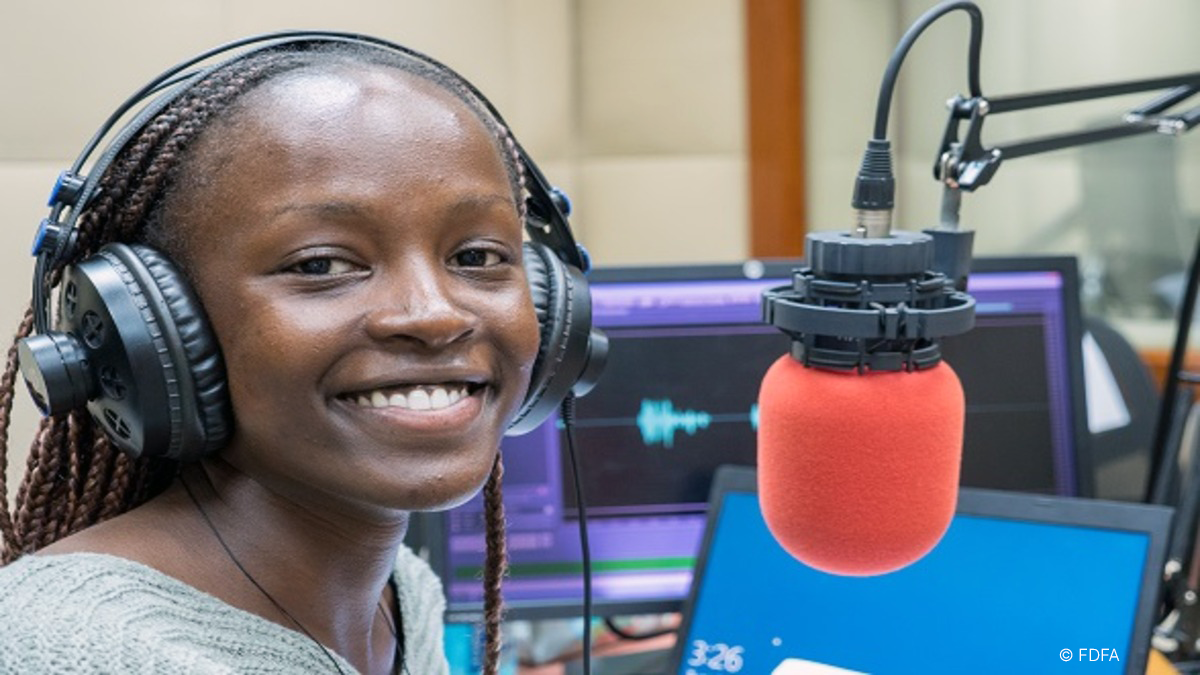Significant practical knowledge exists on transitioning to a circular economy and the requirements for societies and countries to move towards it. However, policymakers and the general public often lack a clear understanding of these insights. The Sustainable Manufacturing and Environmental Pollution (SMEP) Programme has recently produced studies, developed tools, and provided direct support to projects innovating in the circular economy space, especially in Africa and South Asia. These efforts include plastic pollution mitigation, innovative textile fibers development, analysis of secondhand clothing markets, and exploration of novel materials such as seaweed for food and non-food applications.
To promote broader awareness and adoption of these innovations and empower civil society with knowledge to drive systemic change, UNCTAD, Africa 21 and the Embassy of Switzerland in Tanzania have partnered to deliver an applied training workshop on environmental sectors tailored to communicators. This workshop is designed for competitively selected journalists and communicators based in Africa. The initiative is co-sponsored by the Embassy of Switzerland in Tanzania and the SMEP Programme.
The event aims to disseminate research findings on plastic pollution, secondhand textiles trade, and the potential of seaweed as a multi-purpose material. It seeks to enhance journalist's understanding of environmental issues, particularly the relationship between land-based pollution and coastal regions, while improving communication on circular economy practices in key sectors. The workshop will equip journalists with the skills to report on complex environmental topics, improve public communication, and increase the knowledge of key regional stakeholders. Participants will engage directly with researchers, practitioners, and policymakers working in pollution prevention, waste upcycling, environmental conservation, and emerging material markets such as seaweed.
Taking place shortly after the UN Ocean Forum, the training will incorporate key insights from the forum, featuring speakers who will present takeaways from the Forum and its associated Marine-Based Products and Services Expo. Additionally, the research team will showcase a recent study on secondhand clothing trade in Tanzania and Uganda, alongside an ongoing investigation into seaweed as a sustainable resource for various applications in coastal regions of Tanzania and other developing countries. Discussions will highlight seaweed’s potential role in replacing single-use plastics, aligning with anticipated global agreements from the INC negotiations to combat plastic pollution.
By fostering informed and engaging journalism on environmental topics, this initiative aims to enhance public discourse and decision-making among civil society stakeholders. Improved media coverage at national and regional levels will help raise awareness of ongoing structural shifts related to the circular economy. Ultimately, better-informed stakeholders will be more prepared to support material transitions and alternative business models that reduce environmental impact.

